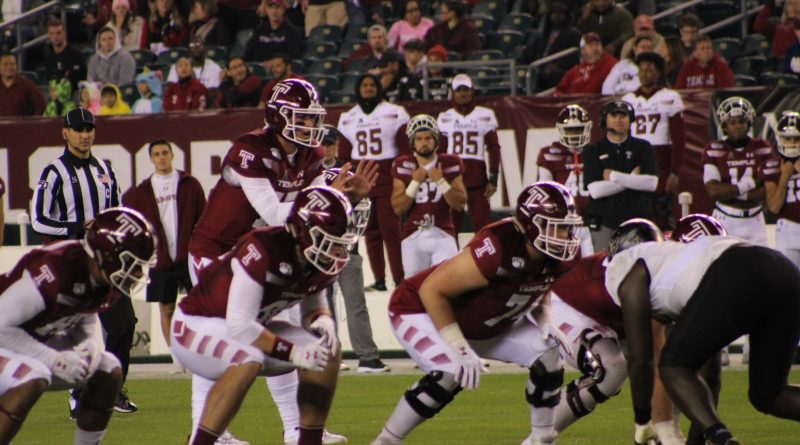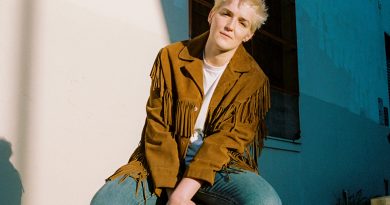Rod Carey, Temple Football players address social injustice as a team
Written by: Ari Glazier
After another unarmed Black man, Jacob Blake, was shot by a police officer in Kenosha, Wisconsin, Temple coach Rod Carey felt the issue of police brutality was too important for his team to stay apart.
Following practice on Friday the team facilitated a group discussion on racial justice, while socially distancing and wearing masks. This was the first gathering of the whole team since COVID-19 restrictions were put in place that limited practice to groups of 50 or less.
“I had to make a choice,” Carey said on Friday’s Zoom media availability. “I had to make a choice to get these people together in person and have meaningful discussions, or keep them apart because of COVID. And you know what, there comes a time when you’ve got to weigh the risks.”
The meeting came one day after the Miluwakee Bucks sent the sports world scrambling by refusing to take the floor for a playoff game with the Orlando Magic in the NBA bubble, launching a strike movement that encompassed teams in the NHL and MLB as well.
This monumental event led Temple to take concrete action in order to empower its players to be civically engaged and outspoken. On Tuesday, Carey announced that the team will be registering all of its players to vote in the upcoming election.
The effort was spearheaded by the team leadership council, a group consisting of two players from each year voted on by their peers.
“I think it’s a big thing,” senior cornerback Linwood Crump said. “Now we all get to voice our opinions. I think this is a big step in changing things.”
Carey noted the leadership of graduate student linebacker Isaiah Graham-Mobley, a member of the leadership council.
It stuck with Carey when Graham-Mobley articulated that he felt racial progress wouldn’t happen all at once, but with slow, steady progress.
Carey, who grew up in Wayzata, Minnesota not far from the George Floyd killing in Minneapolis, was energized by the chance to finally engage with his entire team, and learn from their experiences.
The second year coach doesn’t get to check in on players emotionally as much as he’d like to, now that he oversees an entire team instead of a position group.
But the meeting was a learning experience for players as well as coaches. Redshirt junior receiver Jadan Blue tweeted,
“Learned More Today Than Maybe I Have In My Entire Life, Conversation Matters”
Meetings like these are important for Black players who are dealing with the pain of their communities, as well the struggle of having to set that hurt aside and work on their craft.
“We’re seeing people that are our color dying on the daily,” Crump said. “ Before you go inside this facility, the first thing you’re thinking about is football, but when you get outside of the gates you’ve just got to see the world for what it is. It’s hard sometimes to go out on the field and put that in the back of your head.”
Following the NBA strike, it’s becoming increasingly clear that athletes have a vital role in the struggle toward racial justice. Temple has followed in those footsteps by encouraging its players to fight for the issues that matter to them.
“Some people tend to treat athletes as if they’re just athletes, they’re not regular people,” Braswell said.” I’m learning myself, people are not gonna care about your feelings outside of football, outside of sports period. “How can I play ball when I’m still focused on what’s going on outside of this sports stuff?”
“It’s really bigger than sports. Black lives really do matter. I feel like when people realize that, this world will go to a better place.”



